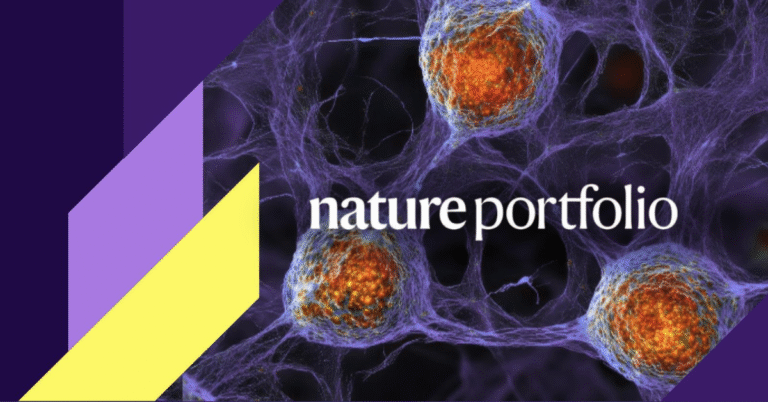Top market ‘AI in biotech’ stories
Here’s your latest installment of our selection of AI in biotech news.
In just 3–4 minutes, catch up on the innovations reshaping drug discovery and biomedical research. We are delivering fresh insights to your inbox on the second Tuesday of each month, so you can stay informed and inspired. Happy reading!
In today’s edition:
 AI builds cancer-targeting proteins in weeks, not years
AI builds cancer-targeting proteins in weeks, not years LLMs “jump to conclusions” in medical ethics scenarios
LLMs “jump to conclusions” in medical ethics scenarios Fully autonomous surgical robot performs gallbladder removal
Fully autonomous surgical robot performs gallbladder removal New Cancer Atlas maps therapy response across millions of conditions
New Cancer Atlas maps therapy response across millions of conditions

AI builds cancer-targeting proteins in weeks – not years
Researchers at the Technical University of Denmark unveiled an AI platform that designs custom minibinders targeting tumor-specific markers in just 4–6 weeks — a process that traditionally took years.
Why it’s impactful:
– Speeds up immunotherapy development via rapid in silico design
– Enables highly precise binders to guide T cells to tumors safely
– Includes virtual safety screens that filter out off-target risks early
– Demonstrates real potential for scalable, personalized cancer treatments
Scientists aim for first-in-human trials within 5 years – potentially transforming how we arm the immune system against cancer.
source: science
AI can “jump to conclusions” in medicine, new Mount Sinai study finds
A study in NPJ Digital Medicine reveals that large language models (LLMs) can make intuitive but incorrect decisions when faced with subtle variations of classic medical ethics scenarios.
Why this matters:
– Deploying AI in clinical settings requires rigorous testing in realistic, high-stakes scenarios
– Even advanced AI should complement – not replace – human judgment in patient care and ethics
– Highlights the need for explainability and robust validation before deployment
source: mountsinai.org
AI in the OR: robotic surgeon completes gallbladder surgery with 100% success
A major medical milestone: an autonomous robot, trained with AI, performed a gallbladder removal procedure without human intervention – and with full success.
Why it’s historic:
– AI-driven precision reduces risk and speeds up recovery
– Scalable solution for addressing surgical staff shortages
– Raises important questions around regulation, ethics, and liability
source: nypost.com
New Cancer Atlas could transform therapy response prediction
A collaboration between Helmholtz Munich, the Wellcome Sanger Institute, and Parse Biosciences is building a Cancer Plasticity Atlas – mapping how cancer cells respond to treatments across millions of conditions.
What makes it notable:
– Enables AI-driven prediction of drug efficacy and resistance
– Uses organoid systems to replicate real tumor complexity
– Generates scalable, high-resolution single-cell perturbation data
– Supports AI-informed experimental design and personalized oncology
source: sanger.ac.uk




